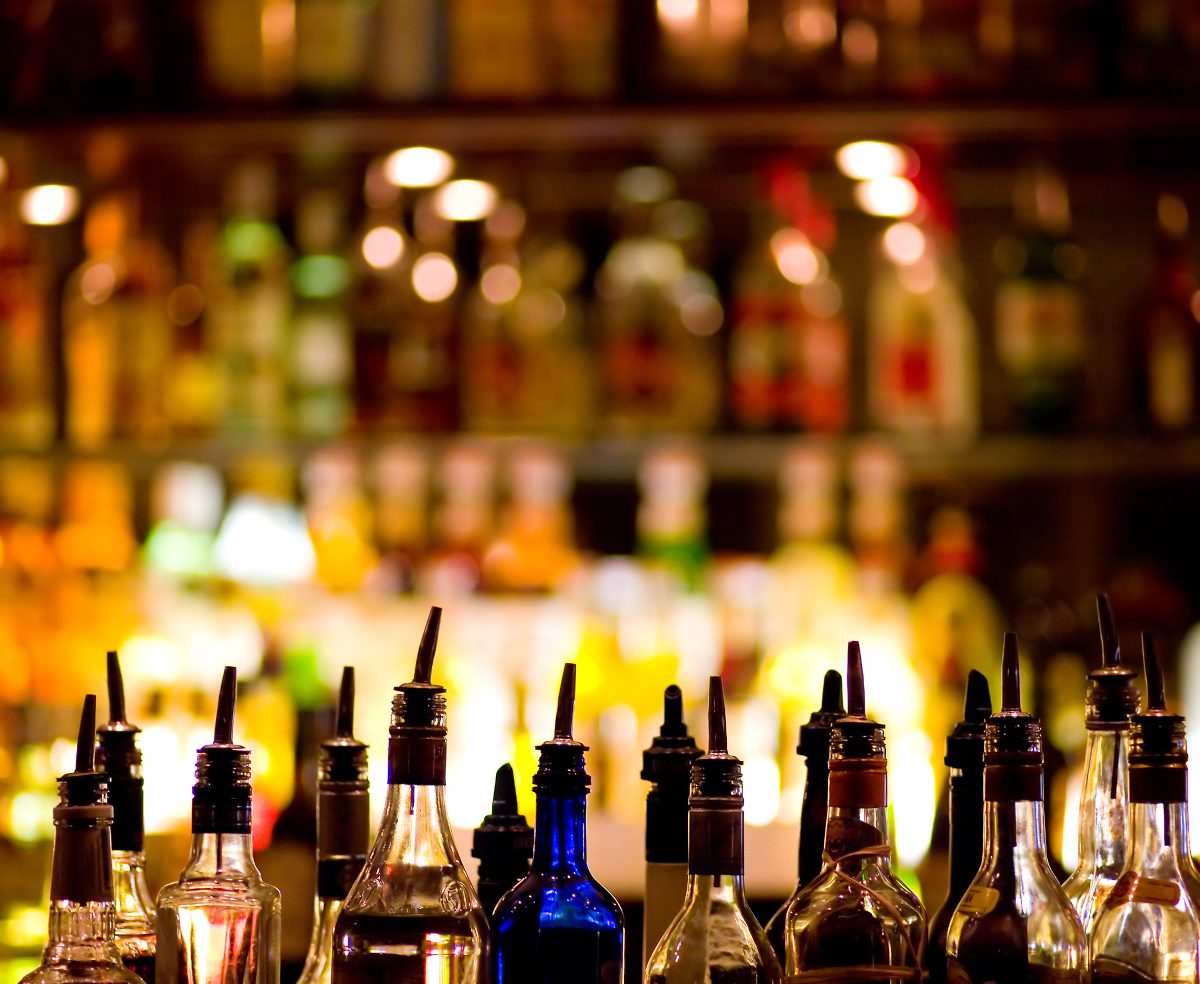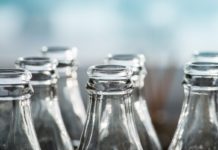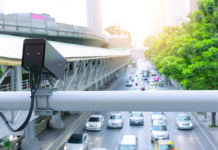
A new report from global consultancy Kearney presents “a comprehensive model to help beverage companies reduce their CO2e emissions and the industry meet its green targets.”
Contributing to 3.8% of all global CO2e emissions, the beverage industry is currently not on course to meet its 2030 and 2050 greenhouse gas emissions targets. However, the report appears to find that this is not due to an industry-wide reticence to change, but rather a lack of clear direction and a long term strategy to address this complex problem. If a clear plan were implemented, the industry could meet current targets as early as 2028.
The report highlights that beverage businesses need to align their overall strategy and targets with GHG emissions goals. It is also important that companies establish a culture that supports sustainability efforts, with the right people and leadership driving the organization toward ambitious GHG reduction targets.
Where businesses can have the greatest impact
Raw materials and packaging materials are currently the biggest contributors to beverage industry emissions, contributing 35% and 23% of the industry’s emissions respectively. Therefore, companies have an opportunity for a substantial ROI in terms of emissions if they can focus on improving processes such as packaging design, crop growing practices, and energy sourcing. Kearney’s emissions reduction model, laid out in the report, consists of value chain-specific, as well as transversal, reduction methods, complemented by a set of enablers.
Working with partners
Scope 3 emissions continue to play the most significant role across most stages of the value chain. Beverage companies need to play the leading role in enabling and supporting partners all along this chain as they adopt sustainable practices.
This includes working closely with suppliers to identify opportunities for joint investments in renewable energy infrastructure, such as solar panels or wind turbines.
Working with consumers
The report finds that beverage companies must also educate consumers on net-zero goals, including via marketing campaigns, social media, and packaging design, as well as incentivizing change by offering rewards such as paybacks for recycling bottles or discounts on products with more GHG-efficient packaging.
If done effectively, these measures will allow beverage companies to instill bottom-up change even as they lead top-down change, meeting in the middle to allow the industry to meet net zero targets ahead of schedule.
Angela Hultberg, Global Sustainability Director at Kearney comments:
“It can be easy for companies to become disheartened when they see how much more work there is to do to achieve their net zero ambitions. But there is still much room for optimism, and beverages companies should instead be focusing on the fact that acting now could mean achieving their green objectives ahead of time.
Implementing a clear emissions reductions strategy with industry and consumer collaboration at its heart will help not only a business bottom line, but consumers’ pockets too.”
Adrian Kirste, European Food & Beverage Sector Lead, Kearney: “While this report is a timely reminder of the need for action, it is reassuring to see that achieving net-zero goals remains well within the beverage industry’s reach.
The complexity of achieving net zero for the beverage sector will require us to change practices along the whole value chain, from product development, to portfolio management, to packaging design and beyond. But the businesses that can lead the pack will gain approval from consumers and shareholders alike.”
To access the full report, click here.








